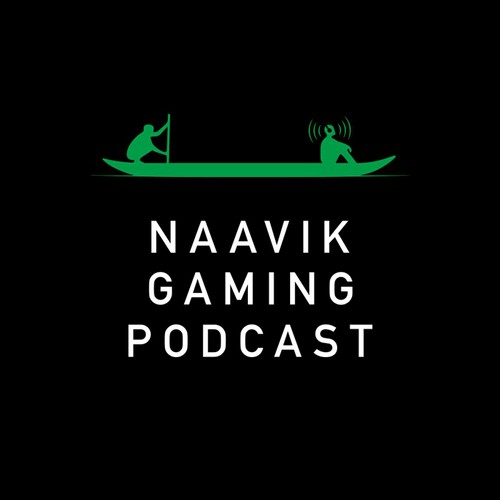
 Naavik Gaming Podcast
Naavik Gaming Podcast Launching an AI + UGC Startup
Oct 8, 2024
In this enlightening discussion, Tabish Ahmed (Founder of Playroom), Vishnu Hari, and Peggy Wang (Co-founders of Ego) explore the revolutionary impact of AI in gaming. They dive into how AI can enhance user-generated content while discussing the challenges of game development after leaving major tech companies. The trio also analyzes platforms like Discord and Meta's Horizon Worlds, touching on fundraising hurdles and the innovative concepts like AI-driven characters. The conversation culminates in reflections on community engagement and the philosophical aspects of AI.
Chapters
Transcript
Episode notes
1 2 3 4 5 6 7 8
Intro
00:00 • 3min
Navigating the Next Frontier of Gaming
02:42 • 6min
Navigating Gaming Platforms: Horizon Worlds and Discord
08:58 • 8min
AI and User-Generated Content Revolution in Gaming
17:14 • 16min
Navigating Startup Challenges in Gaming
33:36 • 6min
The Future of AI in Gaming
39:29 • 10min
AI Sentience: Thought vs. Emotion
49:44 • 4min
Engaging Community Through Social Media in AI and UGC
53:28 • 2min
